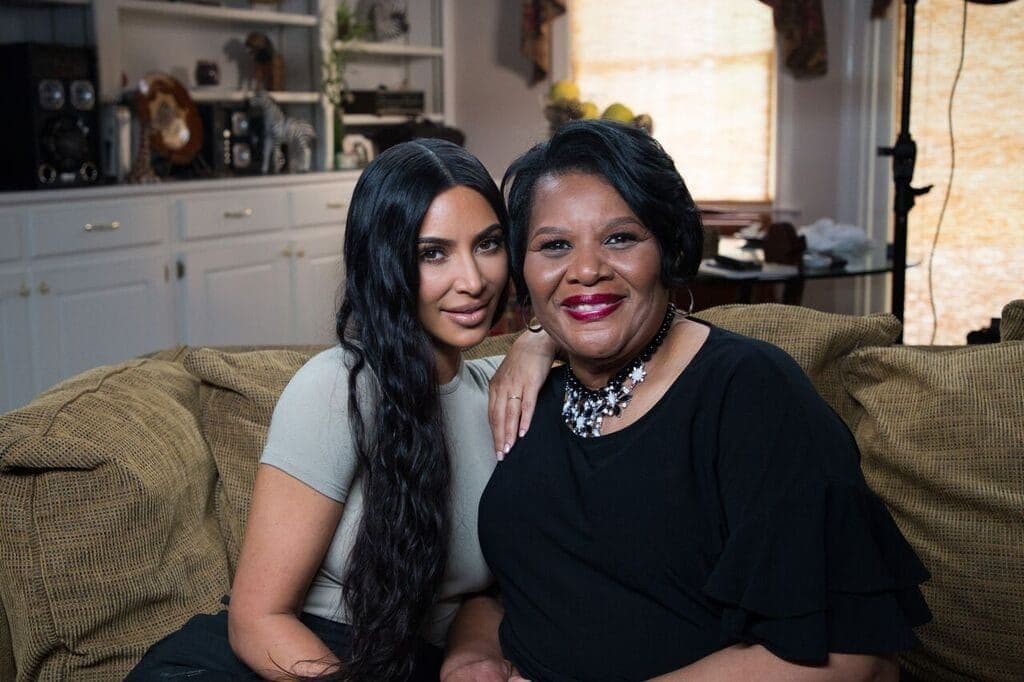By Alys Hewitt
One of, if not the most, recognisable faces of today’s lavish culture of celebrity, Kim Kardashian West has had a profound impact upon the world of fame in the social media age with her high-profile career as a media personality and star of Keeping Up With the Kardashians. She is primarily recognised for her reality TV career, her marriage to Kanye West, and – let’s face it – her appearance, but the star revealed in Vogue earlier this year that she was venturing into the world of law and studying to become a criminal justice lawyer, challenging perceptions of her as a one-dimensional, even vapid, public figure. Does this disrupt or help the carefully curated brand she has built around herself?
For years celebrities, particularly women, have often been perceived as one-dimensional, their talents as singular; and channelling this reductive image of famous figures has made them easier to digest in the public eye. Traditionally it has been difficult to understand and convey that celebrities are ‘just like us!’ – they are elevated instead to a higher plane of existence. This may be changing – the rise of the socially-conscious, down-to-earth, family-oriented celebrity challenges the traditional culture of fame – but figures such as Kardashian have always maintained a sky-high profile, despite extensive documentations of her personal life.
Of course, with Kim’s highly cultivated public image, there is a chance that declaring her dream to be a lawyer could be a calculated career move. But that aside, this surely gives her a new edge, another dimension to her arguably vacuous career and a challenge to the notion of fame for fame’s sake. It certainly disrupts dominant discussions surrounding female celebrities – can they have it all: money, fame, looks, marriage and a successful professional career?
Is this also a sign that we as a public are expecting more from celebrities? Kardashian is showing a willingness to express her intellect and depth, revealing sides of herself separate from the glossy celebrity sheen. With reality TV coming under increasing scrutiny for its dubious treatment of stars, perhaps viewers want to see a more raw and realized version of public figures, a new level of depth and honesty, a new set of dreams and aspirations. Even in a world that remains very synthetic, ordinary people still strive for authenticity, scolding the sense of emptiness that many celebrities seem to exude and seeking meaning and investment in social causes.
In an era of political polarisation and increased social consciousness, perhaps we want the celebrities of our day to seek and champion justice. And Kardashian has already been making serious career moves towards doing that; she was involved in the release of Alice Marie Johnson, a black woman who had been imprisoned on a non-violent drug charge since 1996, during her ongoing law apprenticeship in San Francisco. Johnson’s release was followed by the passing of the First Step Act, a major piece of legislation aimed at reforming sentencing laws that have wrongly and disproportionately affected black American prisoners. This is certainly admirable, and shows that Kardashian is serious about her passion to seek this justice. And there’s also something valid about the decision to return to studying and pursue a different career path, with Kardashian telling fans on social media ‘it’s never too late to follow your dreams’.

That may be true, but some have pointed out the problems with Kardashian, a multi-millionaire, implying that skipping law school and diving head-first into the world of criminal justice is an attainable goal. Is she innately privileged in doing this, when so many others who share the same passion would not have the means to do so (not least the childcare on hand)? Does she recognise this privilege, and the fact that this is something an ordinary mother who never graduated might not be able to achieve? Perhaps admitting this would make her appear more relatable and appealing to an audience hungry for authenticity after all.
Nevertheless, Kardashian’s career shift is a sure sign that our expectations and perceptions of stars are adapting to a new social climate. Is the era of ‘famous for being famous’ fading before our very eyes?










